Outer Space & Universe
Outer Space & Universe
Space, also known as outer space, is the near-vacuum between celestial bodies. It is where everything (all of the planets, stars, galaxies and other objects) is found.
On Earth, space begins at the Kármán line (100 km above sea level). This is where Earth's atmosphere is said to stop and outer space begins. This is not a firm boundary but is a convention used by scientists and diplomats.
Items in space are free to move back and forth; up and down; and left and right. These three dimensions are what make 3D space. Items also move forward through time, which is sometimes called the fourth dimension.
The majority of space contains very little matter and so most of it is a vacuum. Scientists do not know how big space is but we do know that space is extremely big, and is always expanding.
According to the big bang theory, all matter and energy in the Universe was compressed into a very small space. Then it exploded and started expanding. Space is still growing in size today; this means the distance from one galaxy to distant galaxies is getting longer.
Gravity is the force that keeps the Moon in orbit around the Earth and the planets in orbit around the Sun. Gravity can stretch and bend space similar to how a heavy ball placed on a stretched sheet of rubber will cause the rubber to stretch. The scientist who discovered that space can bend is named Albert Einstein. How gravity bends space is part of his theory of general relativity.
Astronauts, Cosmonauts, Taikonauts and Spationauts
An astronaut is any person who is trained by NASA to travel and perform tasks in space. Although the space traveler may not necessarily be a United States citizen, each astronaut does go through a rigorous training regiment by the National Aeronautics and Space Administration. Other space travelers go by other names then astronaut depending on their country of origin.
In the United States, astronaut is derived from the Greek words ástron (star) and nautis (sailor). While, in Russia, a space traveler goes by the name космонавт (English: cosmonaut), which is derived from the Greek words kosmos (universe) and nautis (sailor). Westerners call a space traveler from China a taikonaut, based on the 1998 writings of Chiew Lee Yik and Chen Lan where the term tàikōng (great emptiness), Chinese for “space”. In China, the term yuháng yuán (universe navigator) is used for space traveler.
Only the United States of America (United States), Russia (earlier, the Union of Soviet Socialist Republics), and the People’s Republic of China (China) have sent manned spacecraft into space. Other countries have assisted these countries by sending their own space travelers on space missions. For instance, a French space traveler is called a spationaut (from the French word spationaute), which is derived from the Latin spatium (space) and Greek nautis (sailor). (plural in Greek nautes = sailors)
-
07:18
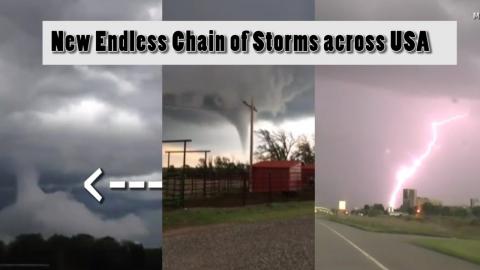
EarthDay brings 2 weeks of massive storms across USA.
Added 700 Views / 0 LikesEarthDay brings 2 weeks of massive storms across USA.
-
13:01
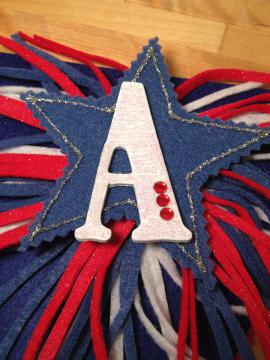
Jade Helm - What is their Endgame? Depopulation won't work
Added 611 Views / 0 LikesJade Helm - What is their Endgame? Depopulation won't work
-
01:43
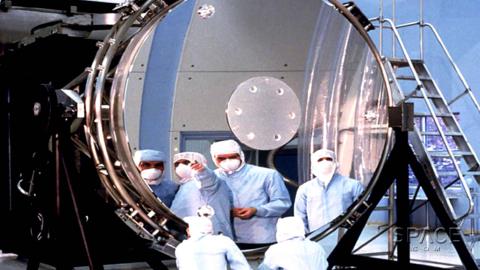
Hubble Space Telescope - Kill Or Save It? | Video
Added 981 Views / 0 LikesHubble Space Telescope - Kill Or Save It? | Video
-
01:07
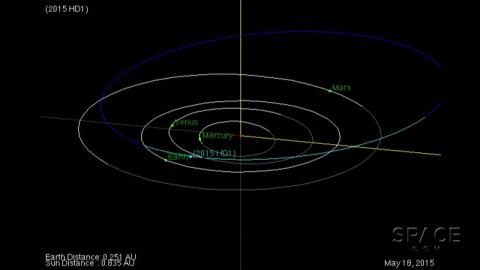
Chelyabinsk Meteor-Sized Asteroid To Give Earth Close Shave | Orbit Animation
Added 830 Views / 0 LikesChelyabinsk Meteor-Sized Asteroid To Give Earth Close Shave | Orbit Animation
-
01:06
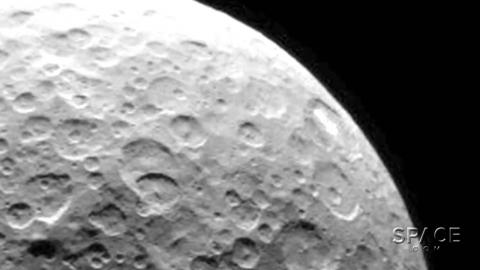
Ceres Bright Spots' Origins Still Unknown - New Imagery Video
Added 827 Views / 0 LikesCeres Bright Spots' Origins Still Unknown - New Imagery Video
-
01:06
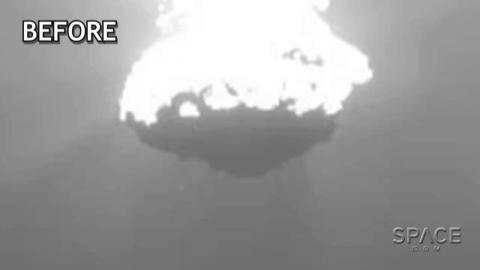
Comet Puffs And Space-Probe Snaps It | Video
Added 764 Views / 0 LikesComet Puffs And Space-Probe Snaps It | Video
-
04:21
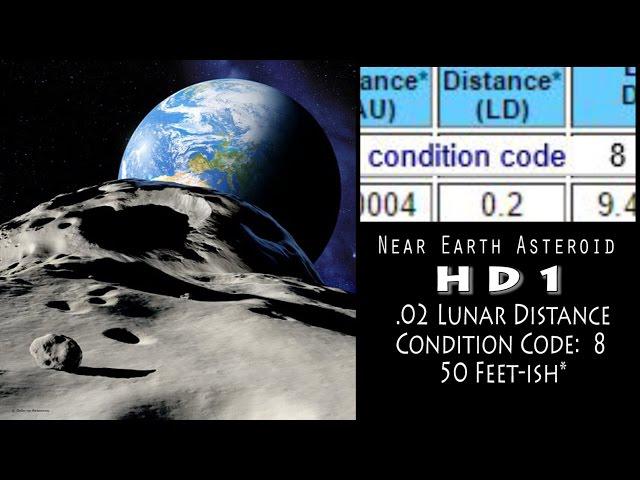
Alert! Asteroid HD 1 to pass Earth dangerously close w highly uncertain .2 LD orbit
Added 729 Views / 0 LikesAlert! Asteroid HD 1 to pass Earth dangerously close w highly uncertain .2 LD orbit
-
05:19
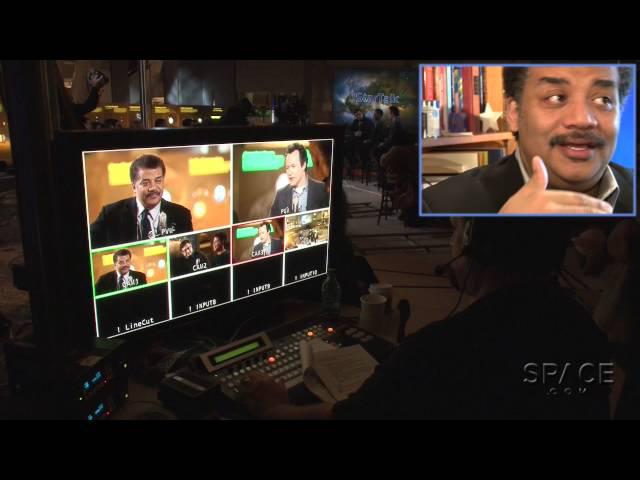
Neil Tyson's "Star Talk" Turns TV Topsy-Turvy | Exclusive Video
Added 609 Views / 0 LikesNeil Tyson's "Star Talk" Turns TV Topsy-Turvy | Exclusive Video
-
02:48
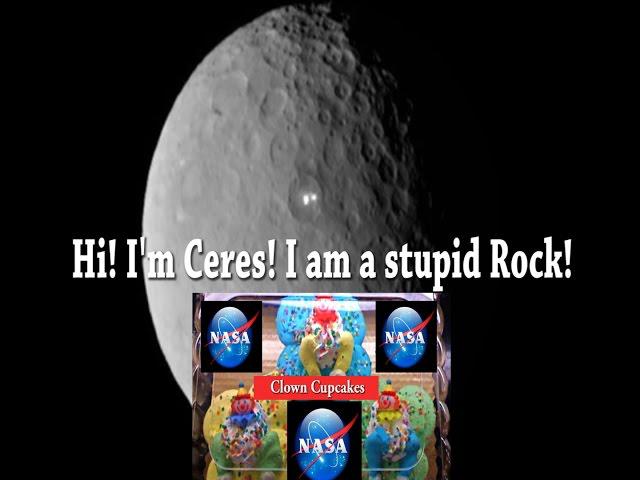
Planet Ceres is Tiamat's left over Moon & it doesn't have any water.
Added 785 Views / 0 LikesPlanet Ceres is Tiamat's left over Moon & it doesn't have any water.
-
22:04

The Silver Blue Star Jukebox - A THORnews Rock & Roll art opera.
Added 669 Views / 0 LikesThe Silver Blue Star Jukebox - A THORnews Rock & Roll art opera.
-
06:08
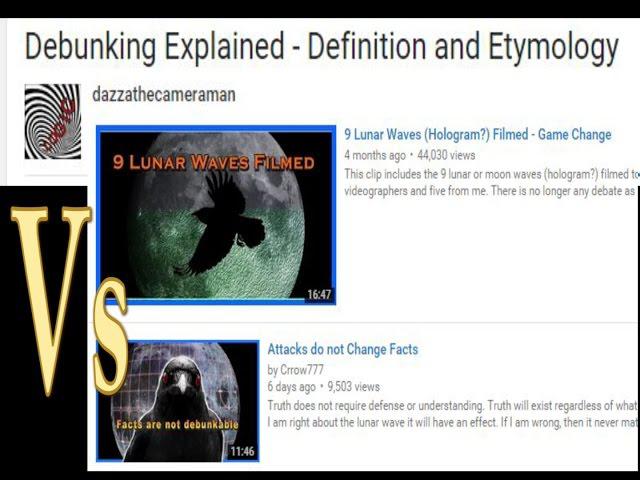
Hilarious moments in the Lunar Wave Debate: Debunking the word Debunking:
Added 465 Views / 0 LikesHilarious moments in the Lunar Wave Debate: Debunking the word Debunking:
-
08:09
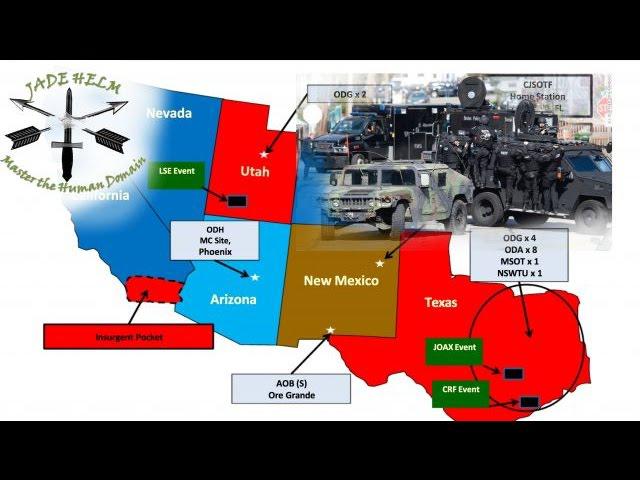
Jade Helm: Government, Soldiers & my opinion
Added 722 Views / 0 LikesJade Helm: Government, Soldiers & my opinion
-
02:08
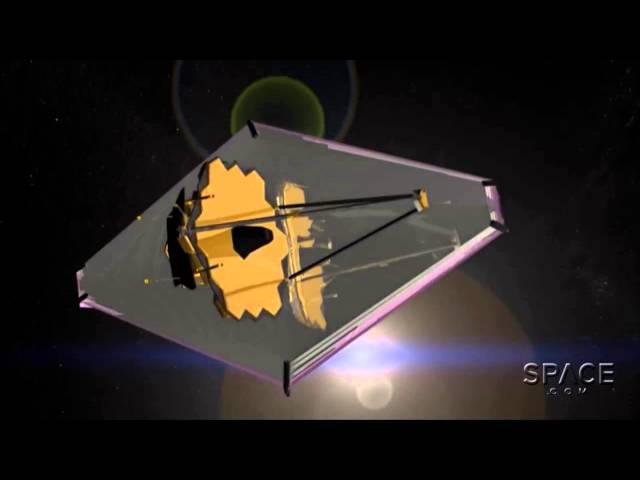
Next-Generation Space Telescopes Could Look For Aliens | Video
Added 703 Views / 0 LikesNext-Generation Space Telescopes Could Look For Aliens | Video
-
06:04
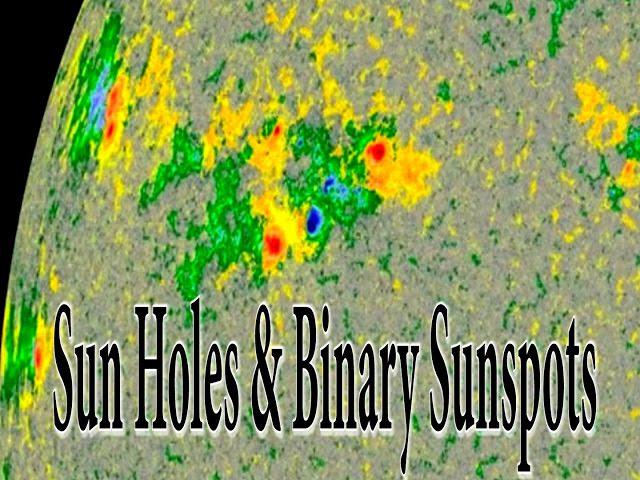
Hey look, Sun Holes & Binary Sunspots
Added 715 Views / 0 LikesHey look, Sun Holes & Binary Sunspots
-
01:01
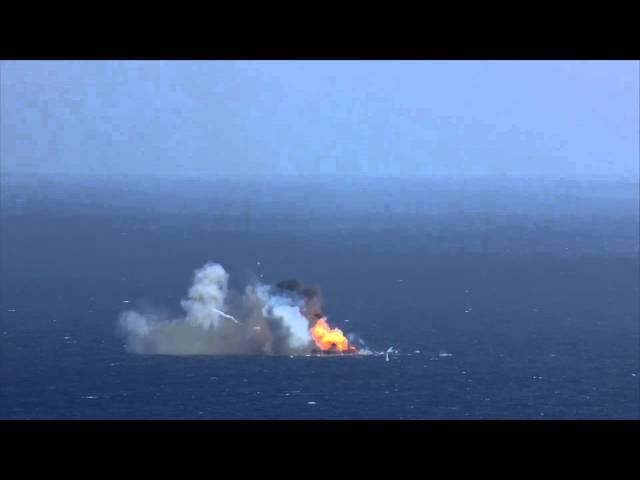
SpaceX Rocket's First Stage Crashes During Landing Attempt | Video
Added 797 Views / 0 LikesSpaceX Rocket's First Stage Crashes During Landing Attempt | Video
-
10:03
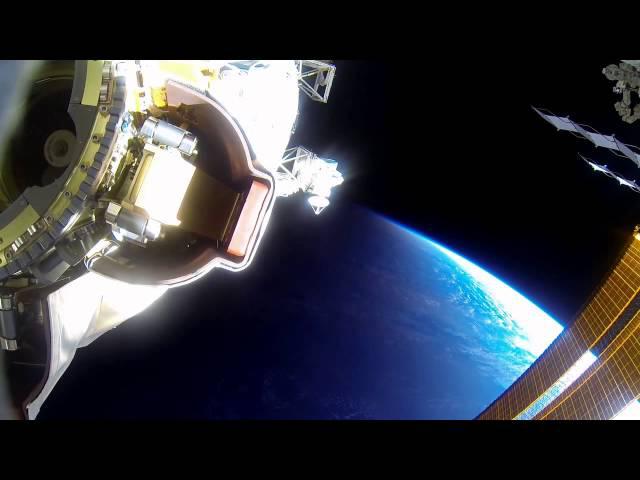
Spacewalk Sights and Sounds Captured By GoPro | Video
Added 714 Views / 0 LikesSpacewalk Sights and Sounds Captured By GoPro | Video
-
03:16
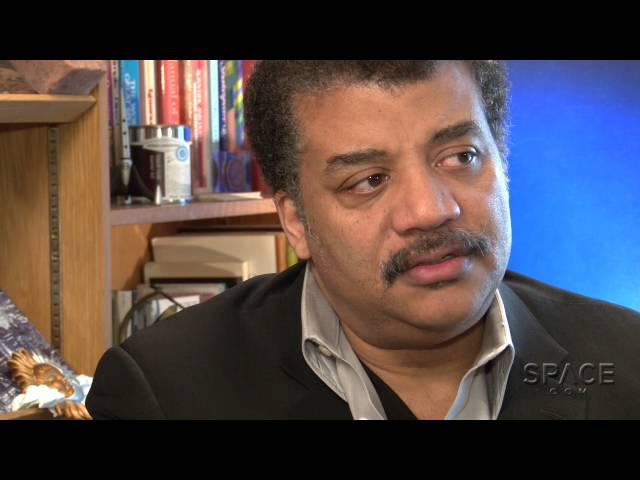
Neil Tyson + Twitter = Smart Citizens! | Video
Added 758 Views / 0 LikesNeil Tyson + Twitter = Smart Citizens! | Video
-
01:29
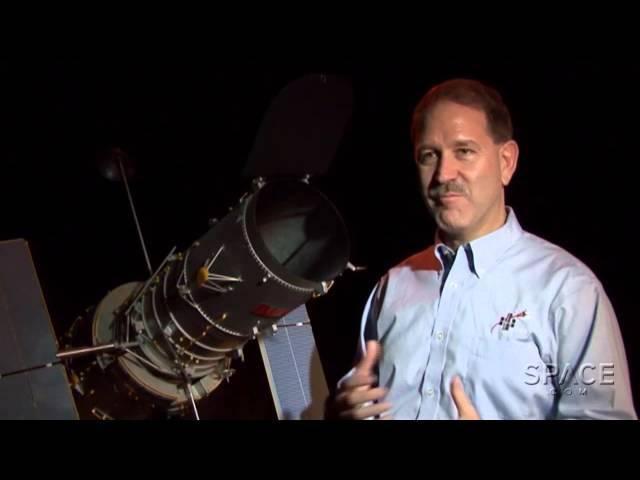
Hubble Space Telescope Is A Rock Star | Video
Added 826 Views / 0 LikesHubble Space Telescope Is A Rock Star | Video
-
07:07
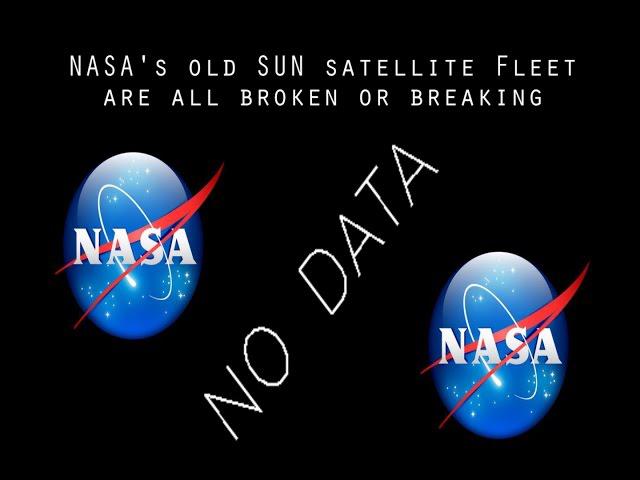
NASA's entire old SUN Satellite fleet is broken or breaking.
Added 587 Views / 0 LikesNASA's entire old SUN Satellite fleet is broken or breaking.

